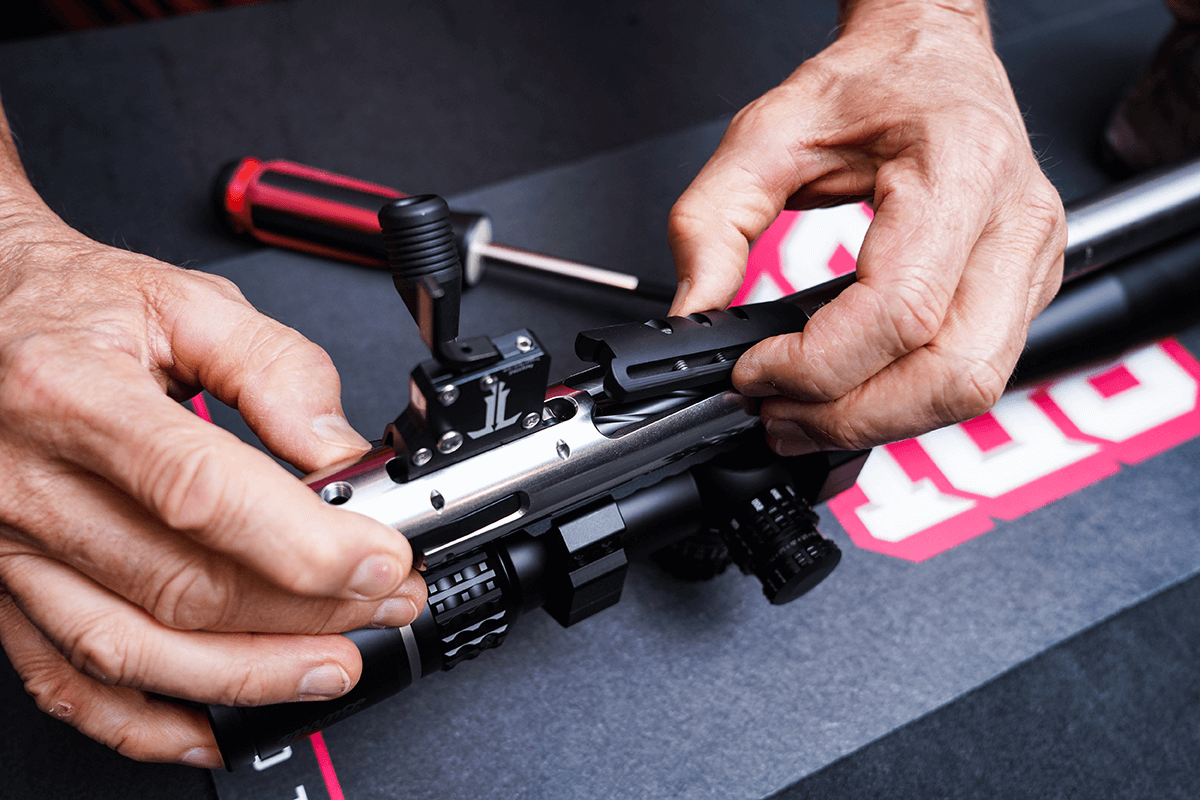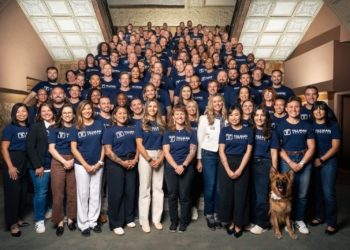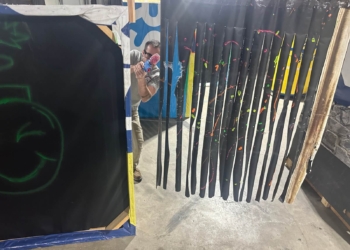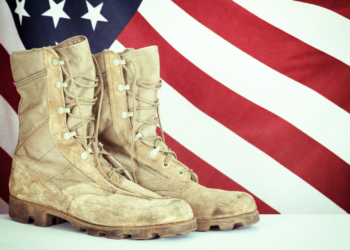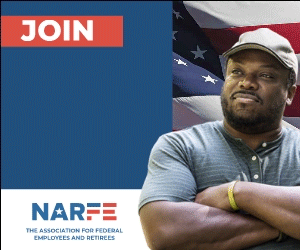Every time former soldier Jarred McNeely has to contact a home repairman, a thought flits through his mind: will there be someone there to answer his call?
“It’s really easy to see the shortage of skilled tradesman right now as a homeowner or private individual,” said McNeely, who deployed to Bosnia and Iraq. “Trying to find any of these types of workers you’re looking for, whether it’s an electrician, a plumber, a gunsmith — any shortage means that we’re not going to be able to maintain our houses, our health, whatever.”
Thankfully, several signs are pointing to a renewed interest in the trades, especially from military veterans. One reason is that the GI Bill can be used to help pay for trade schooling, an option that at least 4,819 veterans chose in 2024, according to VA statistics. That number increased from just under 3,800 in 2023.
“The GI Bill lets veterans choose what fits them best — they can pursue an academic degree, or a license, certification or apprenticeship that lets them pursue a high-paying trade career,” said VA press secretary Pete Kasperowicz. “Veterans are often a great fit for a high-demand skilled trade because of their military training.”
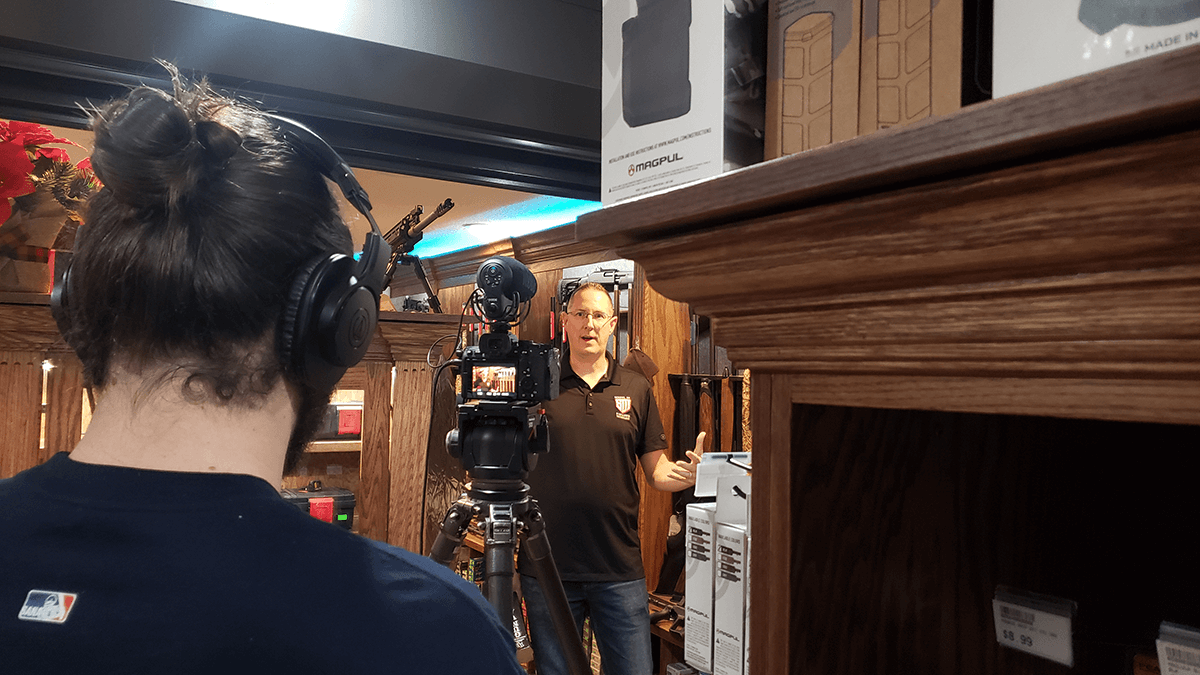
That has certainly been the reality for McNeely, who is the chief academic officer at Sonoran Desert Institute (SDI), an Arizona-based online school offering degrees and certificates in firearms technology, uncrewed technology and gunsmithing, among other specialties. Over half of SDI’s students are veterans, and some are even active duty.
“There are so many aspects of military life that translate over to the trades: standard operating procedures, the ability to follow a process, making a reasonable decision on how to overcome the problem, knowing how to work hard,” McNeely said. “In most military jobs, you could see the impact of your work almost on a daily basis, and it’s the same way in the trades.”
Ohio National Guardsman Martin Helms also found that his military training prepared him well for a life as a tradesman. After a 2005 deployment, he went through a program from Helmets to Hardhats, a nonprofit started by the Center for Military Recruitment, Assessment and Veterans Employment to connect veterans with quality training and registered apprenticeships in construction. So far, the organization has helped more than 41,000 veterans into construction careers.
“We have seen a huge increase of interest in the trades,” said Helms, now executive director of Helmets to Hardhats. “I think people realize that these careers are very lucrative and beneficial, with long-term and retirement benefits, and plus, traditional college is not for everyone.”
Then again, neither is a career in the trades. McNeely suggests finding an apprenticeship, even informally, to figure out what you’re interested in. Helms, meanwhile, recommends that people potentially interested in HVAC, beauty, construction, electrical, mechanics or any other kind of trade ask themselves what they truly enjoy doing. Whether it is being outside, working with their hands, keeping unusual hours, daily variety, or working with machines, systems or people, the answers will direct the path.
“If you’re brains and brawn, have a good work ethic and looking to make good money and a good living, then this is the opportunity,” he said. “You have to put the hard work in, but if you do that, it’s very rewarding. If you don’t want to work behind a desk and instead see yourself with a different challenge every day, the trades is a really good spot to be.”



